Igniting Changemakers at Ashoka U Exchange 2019
Transforming higher education into a tool for social innovation was the theme of the Ashoka U Exchange conference. Five Fellows and UIF program co-directors Leticia Britos Cavagnaro and Humera Fasihuddin, held activities and attended sessions at the February 2019 event in San Diego, CA.
Below are the Fellows’ reflections on the experience:
All of us are designers
By Omri Gal, Swarthmore College
“All of us are designers” – Antoinette D. Carrol, Creative Reaction Lab
For many people, design is understood as a skill utilized within the fields of art, fashion, and architecture, and is rarely perceived as a tool for social innovation/change. However, at the Ashoka U Exchange, we were able to interact with and learn from hundreds of “change makers” using design to create social change in their respective fields.
As Antoinette D. Carrol, founder of Creative Reaction Lab, eloquently described during her opening panel remarks, “All of us are designers.” Creative Reaction Lab, which was founded in response to the unrest in Ferguson, aims to encourage youth, educators, and communities to use equity-centered design to become changemakers. This approach, which builds upon the tenants of design-thinking, focuses on “dismantling systemic oppression” by “incorporating history and healing, where history is unpacked to unveil power structures and open a space for relearning” (Creative Reaction Lab, 2019). Additionally, Antoinette astutely points to how “systems of oppression, inequalities are by design,” and as such can be dismantled through design.
In October 2018, I launched Design FC, an after school program in Chester (PA) teaching 5th/6th graders creative thinking through a soccer jersey/apparel design project. Following a successful first semester of programming, I am now working with students to plan the launch of Design FC’s online marketplace, and a final event to showcase the work we have done. Central to these projects, is amplifying the voices of my students, a concept which Antoinette discussed extensively in her panel. The words of Antoinette, and more broadly my experience at the Ashoka Exchange, have pushed me think of ways to develop Design FC so that students are completely in the spotlight and feel a sense of ownership over the program. Further, the Ashoka Exchange has reinforced my understanding of design as a multi-disciplinary tool that is relevant to almost every aspect of our lives. The immense power of design, which was evident throughout the Ashoka, has made me both reevaluate my current work, and future aspirations.
I am a Changemaker
By Winter Wilson, Ohio University
Student. Journalist. Environmentalist. Musician. Creative. Innovator. Etc, etc. These were all ways in which I defined myself, but the Ashoka U Exchange exposed me to an entirely new identity: changemaker. In a world that seems to experience a steady decline of compassion and popular desire to effect positive change, having a bit of “change the world” in us as Fellows might just be our superpower.
During the Ashoka exchange, I had the opportunity to engage with people from across educational sectors about the need for social innovation and entrepreneurship principles in higher education. My biggest takeaway is that we must use education as a tool to encourage students to assess how the things they create or do will change the world or make a difference. Whether you’re an engineer, a musician, an environmentalist or a journalist. As a result of the exchange, I have been thinking critically about the ways in which my university fosters this type of growth, and how I can utilize our new collaboration space to implement many of these ideas.
So I ask you, Fellows, to consider a few questions as I am: how might we measure success by changemaking? How might we harness our changemaker identities for the betterment of the people, communities and world around us? How might we commit to a new level of impact? And how might we encourage others to do the same?
Visibility and Social Enterprise
By Amita Shukla, Columbia University
Columbia prides itself on being the most activist school in the Ivy League, and indeed one of the most activist and aware schools in the country. This is part of the reason I chose Columbia, and I’ve found it to be true in the two and a half years I’ve been here so far. But I’ve also found that many Columbia students have trouble channeling that enthusiasm into a longer-term vision beyond their four years here, having only a vague and often dismal sense of what non-profit or social enterprise options might look like, combined with a hyper-awareness of what paths in finance and consulting look like.
Through my time with the University Innovation Fellows program, I’ve been working on creating more visibility around those socially aware post-grad career choices available to students. Even as someone actively seeking those voices and those spaces, however, I found myself struggling to find good examples of the kinds of social enterprises I was trying to describe and knew existed. The Ashoka U conference was an amazing opportunity for exposure to exactly those people and ideas. After attending Ashoka U, I left with both contacts and venues by which myself and other Columbia students can further explore these paths. To help with Columbia’s University Innovation Fellows project, I was also able to get many other schools’ social innovation syllabi.
And through Ashoka U’s inaugural Tech and Changemaking track that the University Innovation Fellows participated in, I also gained many new perspectives about how technical leaders in particular approach social enterprise. All too often the “build-an-app” mindset dominates at such discussions, but Ashoka U Tech and Changemaking attendees had a refreshingly broad set of approaches to using tech. In particular, I was impressed by the Social Impact Media Awards’ immersive VR refugee camp videos and the Solutions U journalism database, which I am excited to share with my Columbia peers as effective non-app, tech-based changemaking strategies. And my attendance at the track felt truly participatory: I came away with a new opportunity to apply my data skills in partnership with one of the Ashoka Fellows, in tracking the paths stolen guns, and also am exploring a partnership with her to use those datasets in a class I’m a TA for, further bringing back my experience to Columbia. I left with the sobering but also exciting realization that many others even at the forefront of the field are still trying to define what their relationship to data should be, and that this shaping is something that I get to be part of throughout my career.
Overall, attending the Ashoka U conference with the University Innovation Fellows was an invaluable learning experience. The other University Innovation Fellows I met through the conference will continue to be friends, inspiration, and a support network as we all continue to apply everything we learned. After attending Ashoka U, I resolve to help spread my newfound awareness of different paths in social enterprise to the Columbia community.
Finding Hope
By Mahmoud Khedr, City College of New York
Being at Ashoka U was an amazing opportunity that I’m so grateful to have been able to be part of. It provided me with so many insights into what’s happening in other campuses across the world in regards to social movements, entrepreneurship, and innovation. More simply put, it convened the amazing community of changemakers across the globe who shared their best practices, key learnings, models that work, and went above and beyond to ensure inclusivity. I felt it in different moments — in the opening speech given by Mentor Dida, where he recalls his childhood as a refugee and how that impacted all of his work today, and in one-on-one conversations with Presidents, Directors of Innovation Centers, philanthropists, administrators, and students.
I came to Ashoka to learn about how to enhance and continue building a changemaking revolution on campus. I got that, but also left with something that I feel is more important; hope. Hope that the work that is being done does not going unnoticed, that although things may get dark, there is always a light at the end of the tunnel. Hope that it’s not about me, or my college, City College of New York, but it’s about the collective action that we’re taking together to make this world a better place. Thank you to the University Innovation Fellows program and team (Humera, Leticia) for making this happen. I look forward to next year’s convening!
Including Everyone
By Gabriela Gonjon, City College of New York
The Ashoka U Exchange showcased a small world where students, faculty, administrators, and organizations around higher education worked together to flexibly create social change through their spheres of influence. I knew from the Ashoka U website that this conference would have been amazing. They hosted interactive workshops and panels about interesting talks. I crammed extra work hours during my winter break to make just enough money for my plane ticket and didn’t regret a penny.
The overall attitude of the people at the convention was incredibly warm and inviting. It was great to hear people from diverse aspects of education. Ashoka U focused on how inclusivity with diverse perspectives is essential for any mission. An important insight was how working with people from specific perspectives on a situation are necessary for social change. If I want to solve a problem for a disadvantaged group of people, I need more than interviews and research on them. I need their perspectives at the table of making decisions.
I met a woman named Sonia Galiber at on the night before the convention for the Dinner of Solidarity for people of color. She organized this dinner and other events at the convention with her partner. She and her partner noticed in the previous conference had a lack of diversity in all aspects such as the number of students and community organizers compare to the number of people who are administrators in academia. She brought this up to Ashoka U and they later created a board with her. This board now overlooks how diversity is included in the conference. The impact she had from voicing her perspective was tremendous.
My experience at the conference would have been completely different if diversity and inclusion was not a major focus. It was very well conveyed throughout the conference. After hearing from panelist and attendees on many perspectives it showed how important it is to include all types of people in a situation as well as my own voice. Now I understand that thoroughly interviewing the people I want to impact is important, but collaborating and ideating alongside the people within a situation is powerful for creating well-rounded solutions. It is important to take time and establish what types of people are impacted and where are they being representing in the project. From now and on my first question when I sit down at a table for decision making is “What perspectives aren’t included in this conversation?”

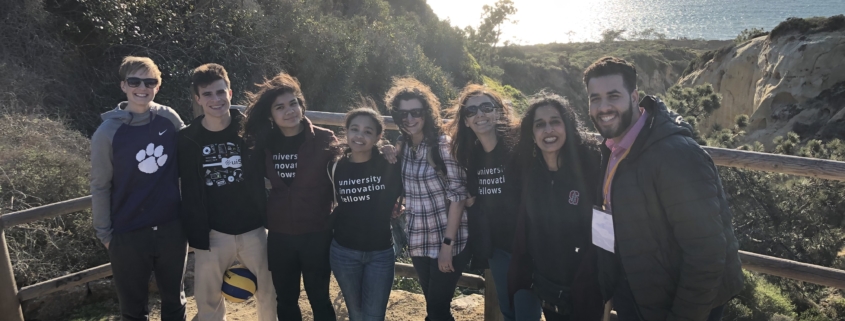
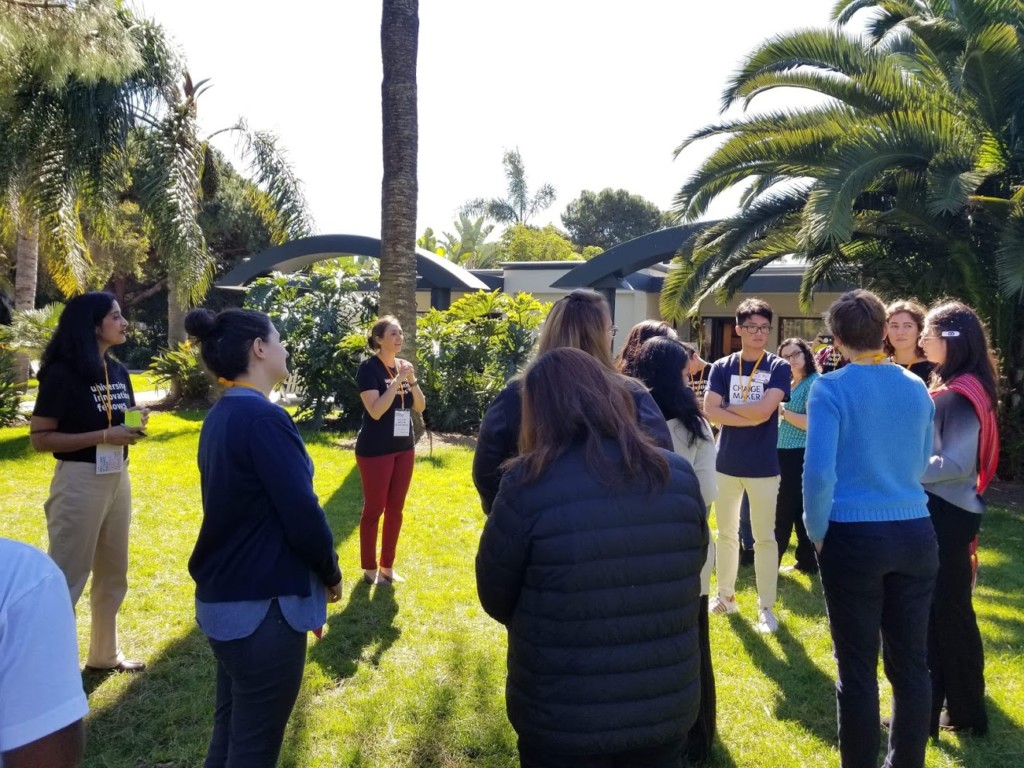
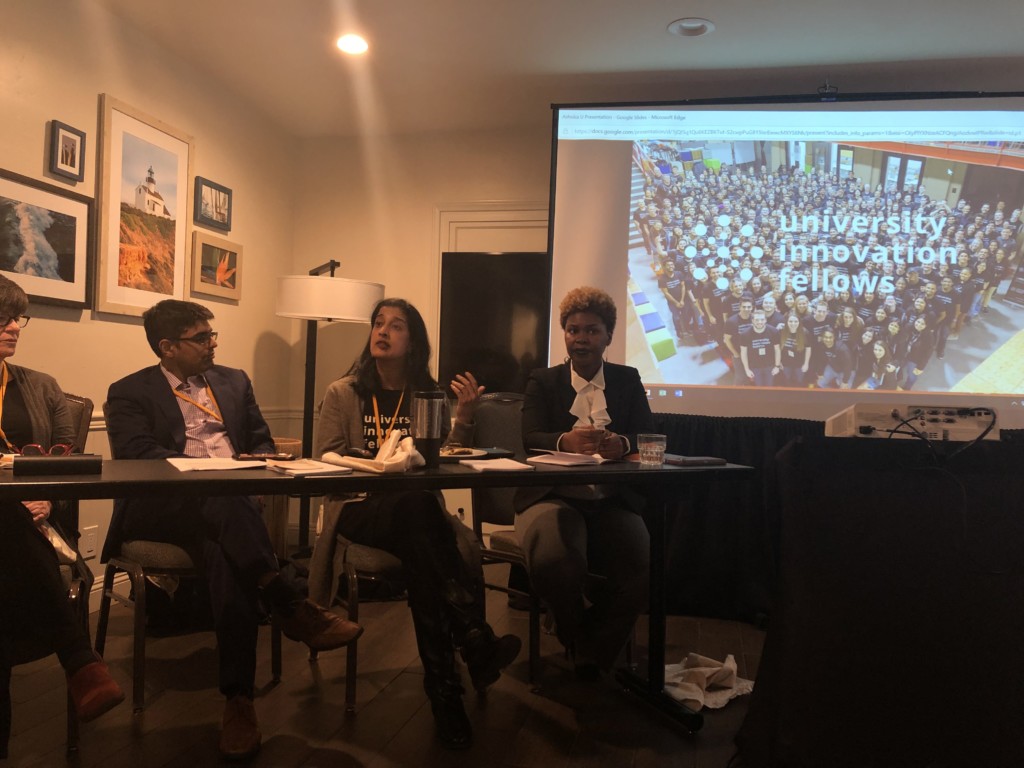
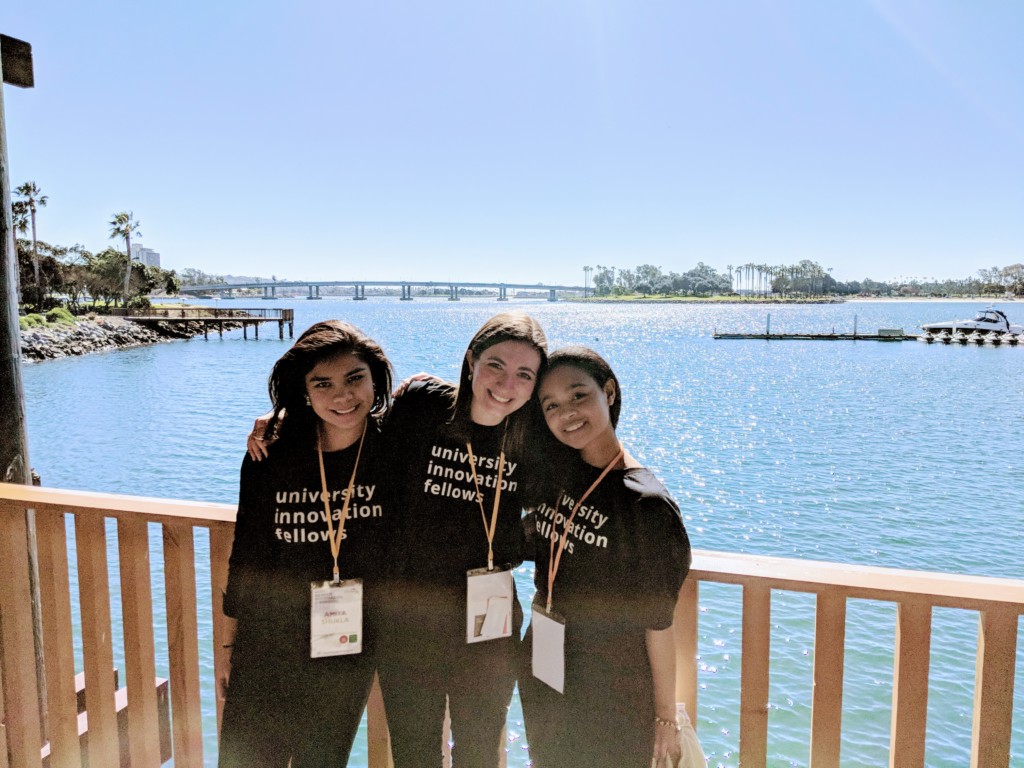



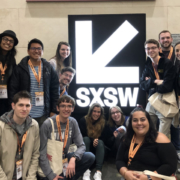
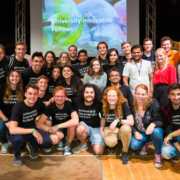
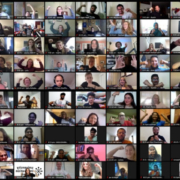



Leave a Reply
Want to join the discussion?Feel free to contribute!